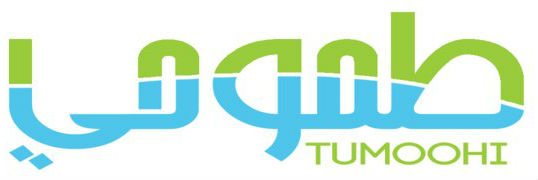PLEASE NOTE: College Search profiles are based primarily on information obtained from government agencies and university websites. Costs, dates, policies, and programs are subject to change, so please confirm important facts with college admission personnel. The lowest minimum score mentioned applies to all students.
